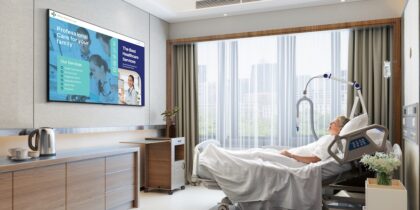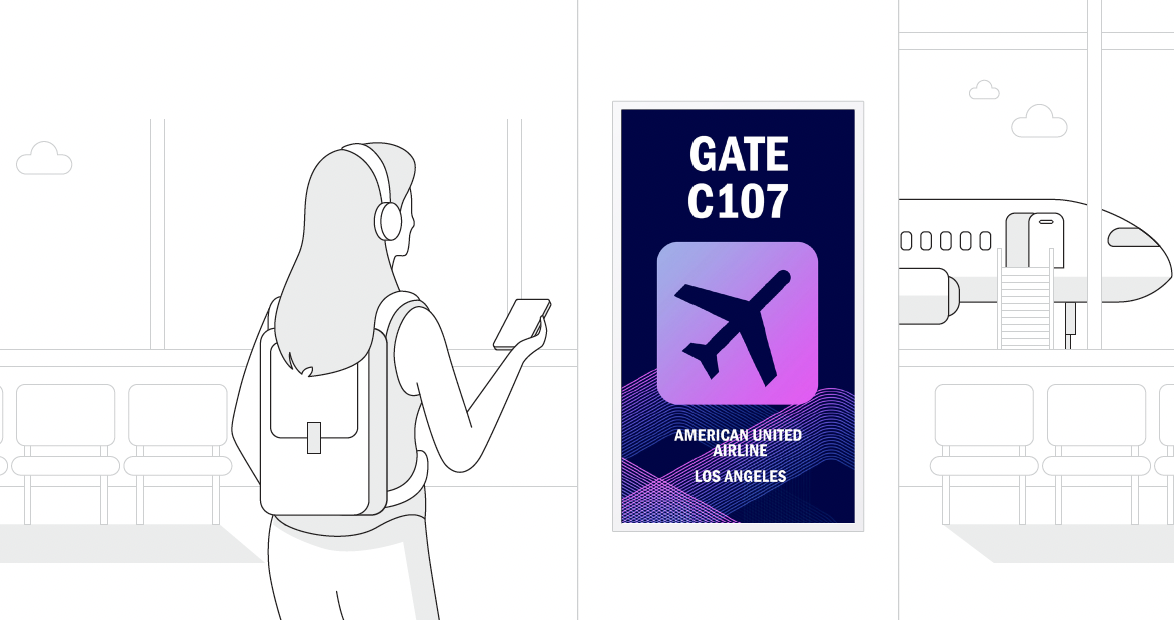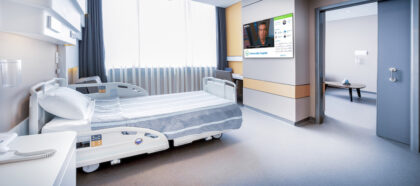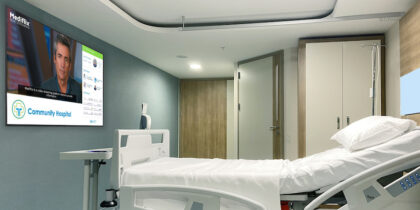Research shows about 85 percent of drug trials fail to retain enough patients to complete a trial. That’s disappointing for the medical researchers and the people their drugs could help. It’s also a big blow for pharma companies, considering the average cost to develop and gain approval for a new drug is around $2.56 billion.
So, how can pharma companies and their research teams retain more patients while also ensuring accurate clinical trial data collection? By making the process as convenient and simple as possible for study participants, using the same devices they already use every day: smartphones.
Mobile Technology and Clinical Trials
New mobile clinical trial technology streamlines the drug trial process and could help to eliminate much of the wasted time and money. For example, mProve Health offers a mobile patient engagement app called mPal that enables clinical trial participants to capture and report data. Through the same app, they receive information about the program, medication alerts and reminders about upcoming study appointments. Because all communication, as well as data collection, happens in one mobile app, drug trial requirements are less overwhelming for participants. The digital process is also more efficient than a paper-based system, and less prone to human error.
Data accuracy isn’t the only concern when it comes to the best technology for clinical trial data collection. Researchers and participants are handling data that is both proprietary and someone’s personal health information. Thus, data security is also a top priority.
Keep Patient Data Secure
Download your guide to mitigating mobile security risks in healthcare. Download Now
Letting participants install the mPal app on their personal smartphones isn’t the safest option, but clinical researchers aren’t usually equipped to manage fleets of mobile devices. That’s where managed mobility services come in handy. For example, mProve recently partnered with managed services provider Integron to support a five-year drug study spanning several countries and including 1,500 patients. Integron installed the mPal app on Samsung Galaxy devices and then handled all the logistics associated with the devices, from sourcing them, to setting up and securing them, to kitting and shipping them to participants.
This study is now well underway, and despite the distance between the participants and researchers, they’re continuously connected.
5 Reasons Drug Trials Are Going Mobile
What are the benefits of mobile clinical trial technology?
1. Patient Retention. Participating in a clinical drug trial is a big commitment, especially during the lengthy Phase III trial. There are study visits to attend, data to capture, diaries to keep and plenty of paperwork to complete. For patients testing experimental drugs that might save their lives, this isn’t a lot to ask, but patients testing a new cholesterol medicine might eventually decide it’s too much work. Research has shown that the patient dropout rate in a Phase III clinical trial can be 30 percent or higher. However, drug trials conducted using mPal have seen up to an 80 percent improvement in retention.
2. Patient Recruitment. Keeping patients engaged is hard. So is signing up enough people in the first place, especially during Phase III and IV drug trials, when studies need hundreds or thousands of participants. If all those people must be near the study site for regular in-person visits, the possible patient pool gets even smaller. With mobile solutions, location is no longer a disqualifier, and because remote participation is more convenient, more people are willing to do it. More than half (54 percent) of rare disease patients say they would be more likely to participate in a clinical trial designed for home-based research, according to a recent study published in neurology.
3. Secure and Customizable User Experience. Different trials require different types of data collection, but they all require that data to remain secure. That’s why Integron chose Samsung devices for the large, ongoing drug trial. With Samsung Knox enabled on the devices, Integron was able to customize the user interface, settings and functionality for the drug trial and then push those changes to the fleet of devices. Knox also provides defense-grade security built into the device from the chip up.
4. Accurate and Timely Data Collection. Lengthy recruitment periods and data entry processes cause clinical trials to drag on. Inaccurate or incomplete data can tank the trials altogether. Mobile solutions address both of these challenges. Patients get prompts to ensure they enter data correctly and can even use bluetooth-enabled devices to capture biometric data automatically. Unlike with a paper-based process, all that information is immediately digitized, eliminating the chance of misplaced paperwork or transcription errors.
5. Affordability at Scale. Because drug trials often involve thousands of people, providing everyone with $800 smartphones can be cost-prohibitive. That’s why Integron chose Samsung’s value-tier smartphones: enterprise-level devices that have all the power and sophistication of leading consumer-grade smartphones, but for a quarter of the price.
Thanks to advances in medical technology, there are many exciting new opportunities for pharmaceutical companies to pursue — from targeted gene therapies for cancer patients, to drugs that might treat Parkinson’s, Alzheimer’s and other debilitating diseases. And thanks to advances in mobile clinical trial technology, it will be easier to get these medications through the testing phase and on to the market.
Learn more about how healthcare technology solutions can enhance efficiencies and improve the patient experience.








